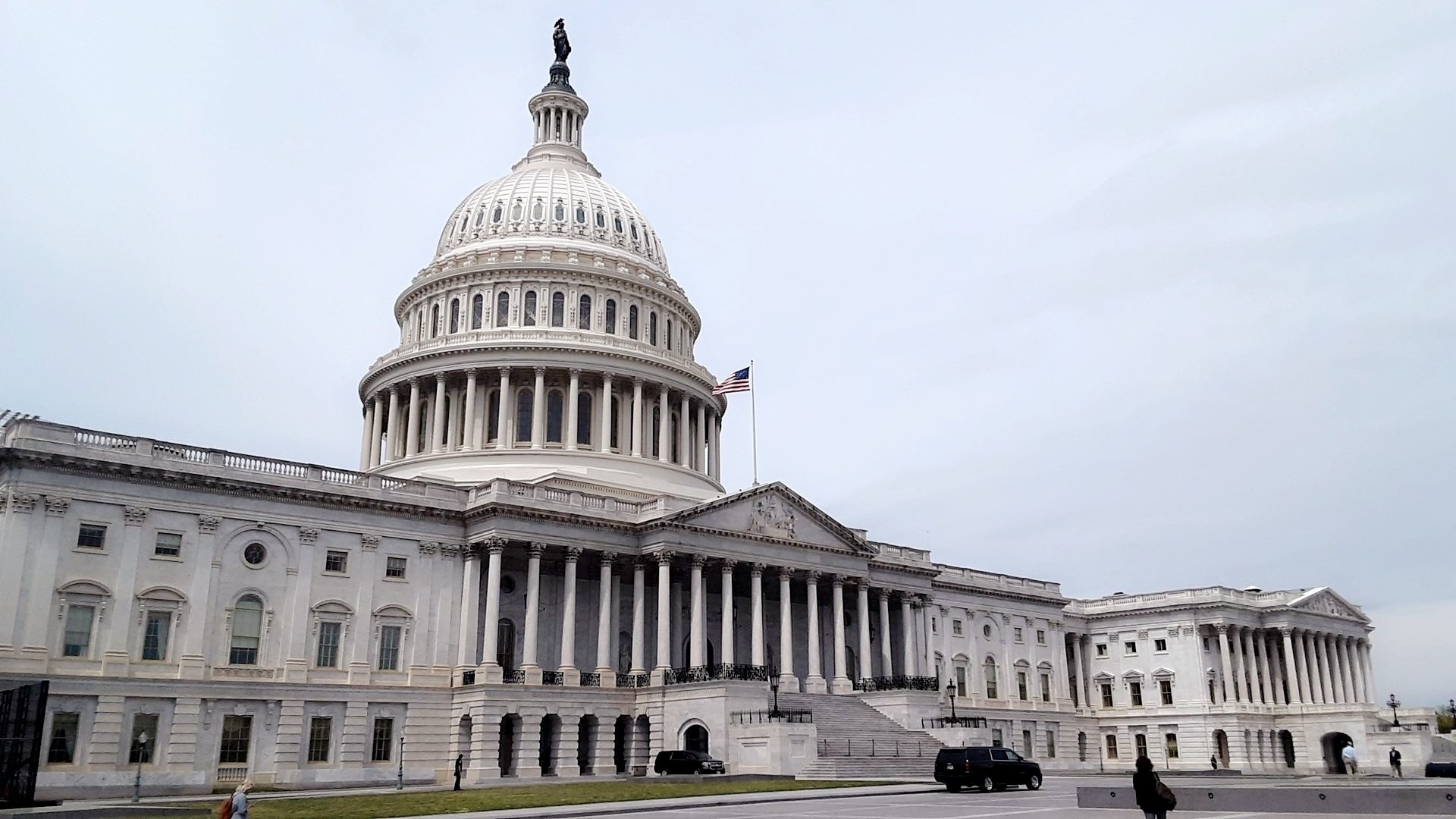Republicans are deciding that it is time to join the fight with the Biden administration to try and resolve the student debt crises in America. Under a new congressional bill, Republicans want to fine America’s richest colleges and universities for putting students into debt.
How would this bill work? And how could it affect students affected by student debt? Let’s get into it!
The GOP’s Plan to Help Limit Student Debt

The College Cost Reduction Act, introduced by Rep. Virginia Foxx, the chairperson of the House education committee, is the GOP’s offer to reauthorize the Higher Education Act and protect students who are seeking a higher education.
The bill is big, and has a lot of potential… if it weren’t for the more radical ideas that many are pushing back on.
What Was the Higher Education Act?

First passed in 1965 as a part of former President Lyndon B. Johnson’s Great Society agenda, the Higher Education Act (HEA) was a landmark piece of legislation in the U.S. for several reasons.
The HEA provided financial assistance to students and strengthened educational resources for students. Despite its importance, the complex Higher Education Act has languished without formal reauthorization since 2008, caught in the crossfire of a national debate about the future of education.
The HEA Reauthorized Problem Has Caused Critical Issues

Every five years, the HEA is supposed to be reauthorized. Since 2008, the law has been in temporary extensions as the government attempts to figure out how they want to help American students further their education.
In that time, student loan debt in the U.S. has reached a critical level, and the average price of college in the U.S. tuition has reached new heights.
College Has Never Been Cheap, But Prices Today Are On Another Level

If you haven’t heard the tuition prices recently, then get ready to clutch your pearls (and wallets). Students seeking higher education at Northwestern University faced the nation’s highest sticker price in 2023, reaching a staggering $89,394 (via the Business Journal). Most expensive private colleges tuition prices are all around this sticker price.
Can you imagine paying that tuition for four years? You could have bought a small house in the Middle American instead.
What Is the College Cost Reduction Act?

In the new congressional bill introduced by Foxx, the College Cost Reduction and Access Act “includes provisions to make undergraduate and graduate education more affordable for aspiring social-impact professionals,” (via the National Center for Homeless Education).
The law also mentions that colleges that do not make changes to help students could face millions of dollars in fines.
Why Democrats and Advocates Are Pushing Back

Not everyone is on board with the new 224-page GOP congressional bill. While the Biden administration is eliminating student debt slowly, many Democrats and higher education advocates are pushing back against certain provisions the law wants to implement.
For example, The law wants to cut student loan limits in half, dramatically reducing the amount available for college expenses. Say goodbye to those big and helpful Pell Grants.
Students Are Limited On How Much They Can Borrow

According to USA Today, undergraduate students could only borrow $50,000 in total for their education, while those in graduate programs can borrow a max of $100,000. When four years of college cost roughly $128,708, the borrowed amount puts only a dent into debt.
This could limit students without grant money to pursue their studies at a limited number of schools.
Borrowers Could Be in Debt Forever

The President of the Institute for College Access & Success Sameer Gadkaree believes that the GOP’s ideas on how to fix the federal student loan system would crush many American families.
“This could mean that some borrowers would stay in debt for the rest of their lives,” Gadkaree said in a statement. The response also addressed other proposed changes that would alter income-driven repayment plans.
All Types of Colleges Will Be Effected

The Foundation for Research on Equal Opportunity analyzed the bill and estimates that private colleges would face the most fines for leaving students in debt if the bill does go into effect. But small schools, like community colleges, would suffer the most.
Preston Cooper, a higher education researcher at FREOPP, says, “[Community colleges] are very heavily reliant on the student loan program. The end goal of this is not necessarily to reward or punish different institutions but to change the incentives.”
Will the College Cost Reduction Act Pass?

While there are some ideas that many feel would hinder Americans with student loan debt, there are a lot of ideas in the big bill–some that almost everyone agrees on. However, the legislation is so big that it doesn’t seem likely for the bill to get very far in Congress.
The current Congress faces unprecedented gridlock, with lawmaking at a near standstill.
What Does It All Mean in the End?

College costs skyrocket, saddling students with debt regardless of future career prospects. While some argue institutions shouldn’t face consequences for unequal pay or market uncertainties, graduates face a harsh reality: a guaranteed bill, not a guaranteed payoff.
My fingers are crossed tight for a breakthrough in student aid. Our young people deserve a shot at their educational dreams.

